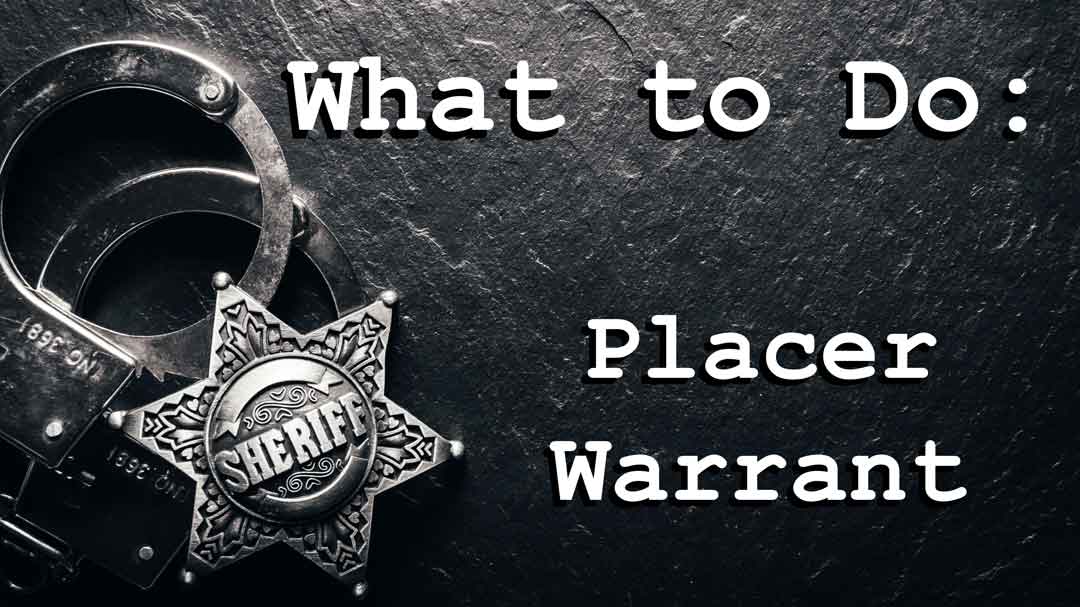2 min read
What to Do: Placer County Arrest Warrant
Protection by The Fourth Amendment The Fourth Amendment of the Constitution of the United States protects American citizens from unreasonable...
2 min read
Rachel North : Sep 5, 2024 12:27:03 PM
If you have a warrant in a different state and you’re, say, pulled over for a traffic violation in California, does that mean you would be arrested? It is entirely possible that the officer will arrest and set you on a path to be extradited. However, if your out-of-state warrant is a misdemeanor and not related to a crime of sexual nature, the decision to make an out-of-state arrest depends on the discretion of the officer or department that you’re communicating with.
If you leave the state where you have a warrant, the record does not simply get lost or stay within that state. A database called the National Crime Information Center is maintained by the FBI and is an updated collection of warrants, even for minor offenses such as unpaid traffic fines. It is not required that all law enforcement agencies submit reports to this database, but most do.
If a police officer pulls you over for a traffic violation or contacts you in the investigation of a crime and finds your name on a warrant from a different state, they have the right to detain you to determine if you are in fact the person named on the warrant.
In the case of felony crimes, state authorities will more than likely extradite the person in question to the state for which the warrant was issued. This is so that people do not simply cross state lines if they are arrested for a serious crime. The US Constitution outlines the extradition process, and most state laws are compatible with the federal extradition law.
If the state that originally issued your arrest warrant requests that you be returned, the state where you are currently located will review the case. If it appears valid, a warrant from the new state will be issued. The defendant will go through an extradition hearing to be informed of the charges and in order to seek council.
If you do not challenge the arrest or extradition, the state that requested extradition has 30 days to transport you back. If the requesting state does not transport you within 30 days, the arresting state can release you.
While turning yourself in for a warrant may seem counterintuitive, it is often the best thing you can do. Read our Roseville CA bail bonds article for more information about the best way to turn yourself in. Learn what to take care of before turning yourself in and how to do so.
If you or a loved one has an arrest warrant in their name, whether it be in-state or out-of-state, the experienced bail bond agents at Frank Calabretta’s Bail House can assist you with posting bail. Don’t wait in jail for your trial, get released from jail quickly so that you can coordinate with your lawyer and enjoy the comfort of your own home.
Reach out to us at (530) 823-8340 at any time for 24 7 bail bonds. Our online bail bond services are confidential and secure. Bail House licensed bail bondsmen can help whether you need a California bail bond or if you are located out of state.

2 min read
Protection by The Fourth Amendment The Fourth Amendment of the Constitution of the United States protects American citizens from unreasonable...

THINGS YOUR BURGLAR WON’T TELL YOU. Read all the way to the end. You just might learn something that will save your home from being burglarized.

4 min read
The fifth amendment to the United States Constitution guarantees that “no person… shall be compelled in a criminal case to be a witness against...